A place that honors scholarship.
Dien Khanh Temple of Literature is located on a land area of nearly 1.8 hectares in Dien Khanh commune, Khanh Hoa province. The Temple of Literature was built in 1803 under the decree of King Gia Long, worshiping Confucius, four excellent students and ten people who contributed to Confucianism. During the Nguyen Dynasty, this place was one of the six major places of worship in Khanh Hoa, where the royal court held annual ceremonies.
In 1998, Dien Khanh Temple of Literature was recognized as a national historical and cultural relic. By 2008, the relic was restored with many spacious items. Notably, this is a rare temple of literature existing in the South Central region, where stone stele recording the history of formation, list of scholars and famous people from the beginning of the Nguyen Dynasty to the time of King Tu Duc is still preserved.
According to the Khanh Hoa Provincial Cultural Heritage Conservation Center, during the August Revolution of 1945, Dien Khanh Temple of Literature was a military training ground for young people and a gathering point for food and provisions to serve the fighting on the Nha Trang front. During the anti-American resistance war, this place was a contact and stopping point for revolutionary soldiers on their way from the base to the delta region.
Up to now, every year Dien Khanh Temple of Literature organizes a ceremony to worship Confucius, attracting a large number of people and students. This is also an opportunity for the locality to organize activities to reward excellent students, to praise the spirit of learning... The Temple of Literature is also a tourist destination for students in the province, where they can learn about history, famous people and the spirit of learning of the ancients.
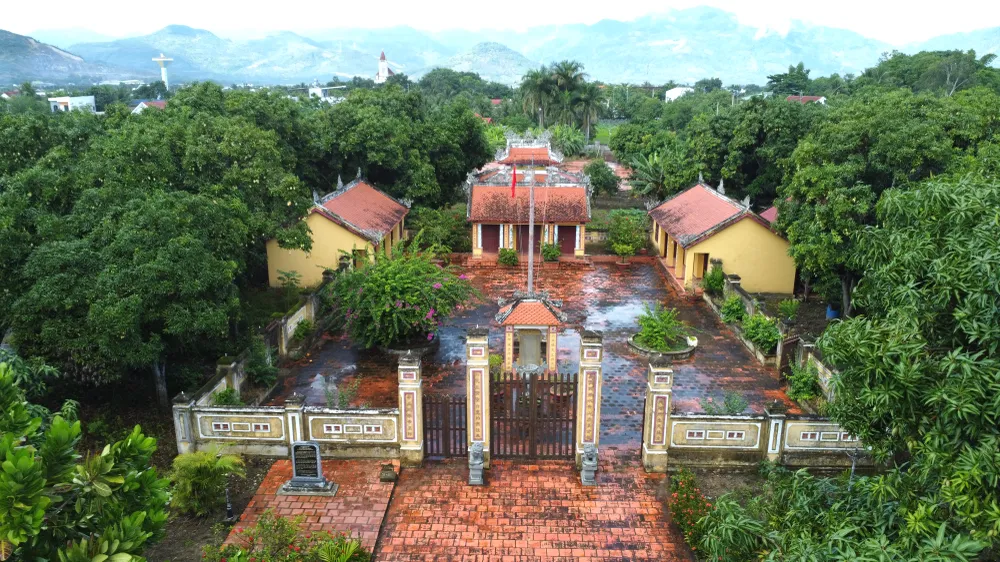
Mr. Le Van Hoa, Deputy Director of the Department of Culture, Sports and Tourism of Khanh Hoa province, said that Dien Khanh Temple of Literature is a testament to the spread of Confucianism to the South, reflecting the intersection between Confucianism and local architecture. After many changes, this place is not only a place of worship but also a cultural center of the locality. Khanh Hoa is a province with strong tourism development, the preservation and promotion of the value of the Temple of Literature, and the promotion of cultural tourism are of great interest and importance to the locality.
Promoting the value of historical relics.
In recent years, the conservation work of Dien Khanh Temple of Literature has achieved positive results. However, outside of holidays and Tet, the relic falls into a state of desolation, and people and tourists rarely visit. Promoting the value of the Temple of Literature relic to connect with life, education and tourism is a concern of Khanh Hoa province.
Dr. Nguyen Ho Phong, Ho Chi Minh City University of Culture, acknowledged that the Dien Khanh Temple of Literature relic has an important significance in the historical and cultural flow of the South Central region. To develop cultural tourism sustainably, Khanh Hoa province needs to synchronously deploy solutions to help the community become a real subject, ensuring both the preservation of cultural values and the promotion of the role of heritage in local economic development. Specifically: raising community awareness, transforming management models; promoting the creative role of people; applying digital technology; organizing festivals - education associated with relics; building a clear benefit-sharing mechanism...
Similarly, Dr. Do Thi Huong Thao, University of Social Sciences and Humanities (Hanoi National University), said that preserving and promoting the value of Dien Khanh Temple of Literature requires combining the preservation of traditional values and expanding the experiential space. In which, the tradition of studiousness is an important aspect that needs to be promoted to the maximum, making Dien Khanh Temple of Literature a creative cultural space in the locality.
Dr. Nguyen Van Tu, Deputy Director of the Center for Scientific and Cultural Activities - Temple of Literature, also suggested that the Dien Khanh Temple of Literature should be a place to organize traditional cultural events such as spring calligraphy festivals, incense offerings to famous people, awards for studious students, etc. to arouse pride in the local educational and cultural traditions.
According to Professor, Doctor, Meritorious Student Nguyen Van Kim, Vice Chairman of the National Cultural Heritage Council, it is necessary to consider the Dien Khanh Temple of Literature relic in the system and in the chain heritage of the province; in the overall structure of the national relic Dien Khanh Citadel.
Find out the existing values and potential values; learn valuable experiences from the rich practices of other localities such as Hanoi, Hue... From there, build and perfect scientific arguments for proposing solutions and policies in restoring, preserving and promoting the cultural and historical values of the Dien Khanh Temple of Literature relic in an effective, humane and sustainable manner.
Source: https://www.sggp.org.vn/danh-thuc-di-tich-quoc-gia-van-mieu-dien-khanh-post820118.html



![[Photo] Prime Minister Pham Minh Chinh holds a phone call with the CEO of Russia's Rosatom Corporation.](/_next/image?url=https%3A%2F%2Fvphoto.vietnam.vn%2Fthumb%2F1200x675%2Fvietnam%2Fresource%2FIMAGE%2F2025%2F12%2F11%2F1765464552365_dsc-5295-jpg.webp&w=3840&q=75)


![[Photo] Closing Ceremony of the 10th Session of the 15th National Assembly](/_next/image?url=https%3A%2F%2Fvphoto.vietnam.vn%2Fthumb%2F1200x675%2Fvietnam%2Fresource%2FIMAGE%2F2025%2F12%2F11%2F1765448959967_image-1437-jpg.webp&w=3840&q=75)

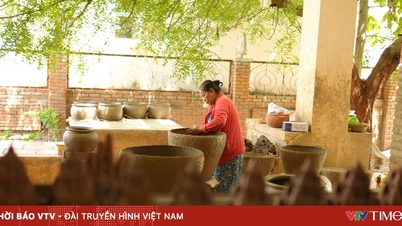

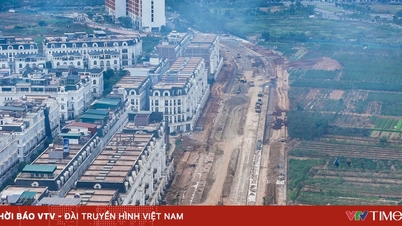
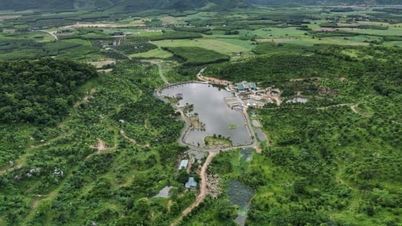




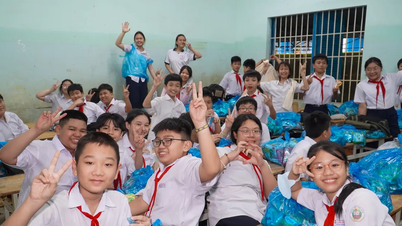


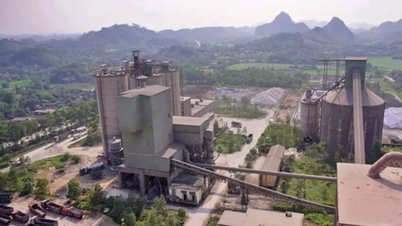

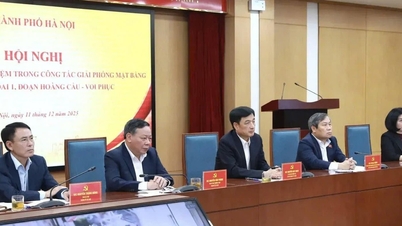

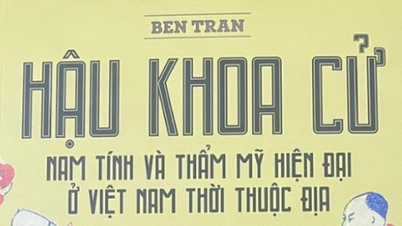

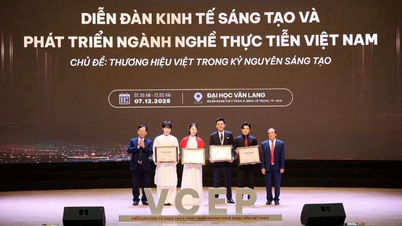






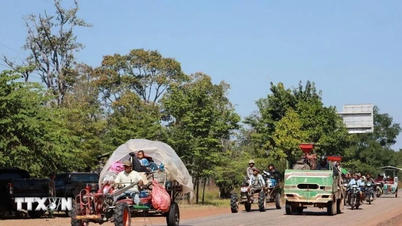
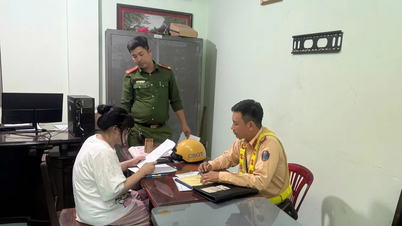

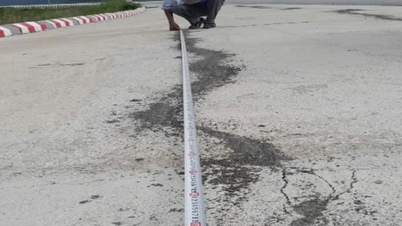
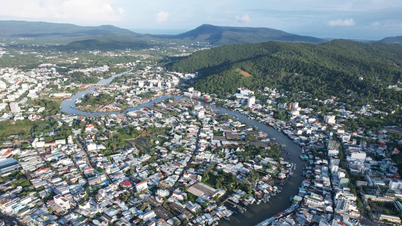
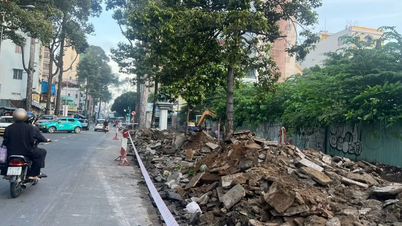




















![[OFFICIAL] MISA GROUP ANNOUNCES ITS PIONEERING BRAND POSITIONING IN BUILDING AGENTIC AI FOR BUSINESSES, HOUSEHOLDS, AND THE GOVERNMENT](https://vphoto.vietnam.vn/thumb/402x226/vietnam/resource/IMAGE/2025/12/11/1765444754256_agentic-ai_postfb-scaled.png)




















































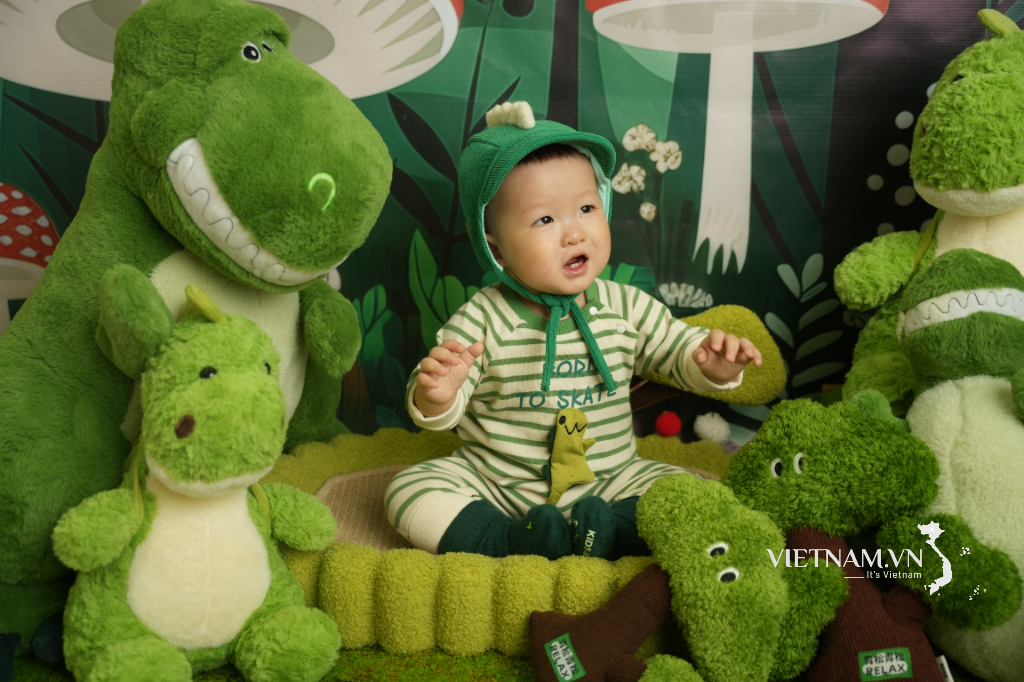
Comment (0)